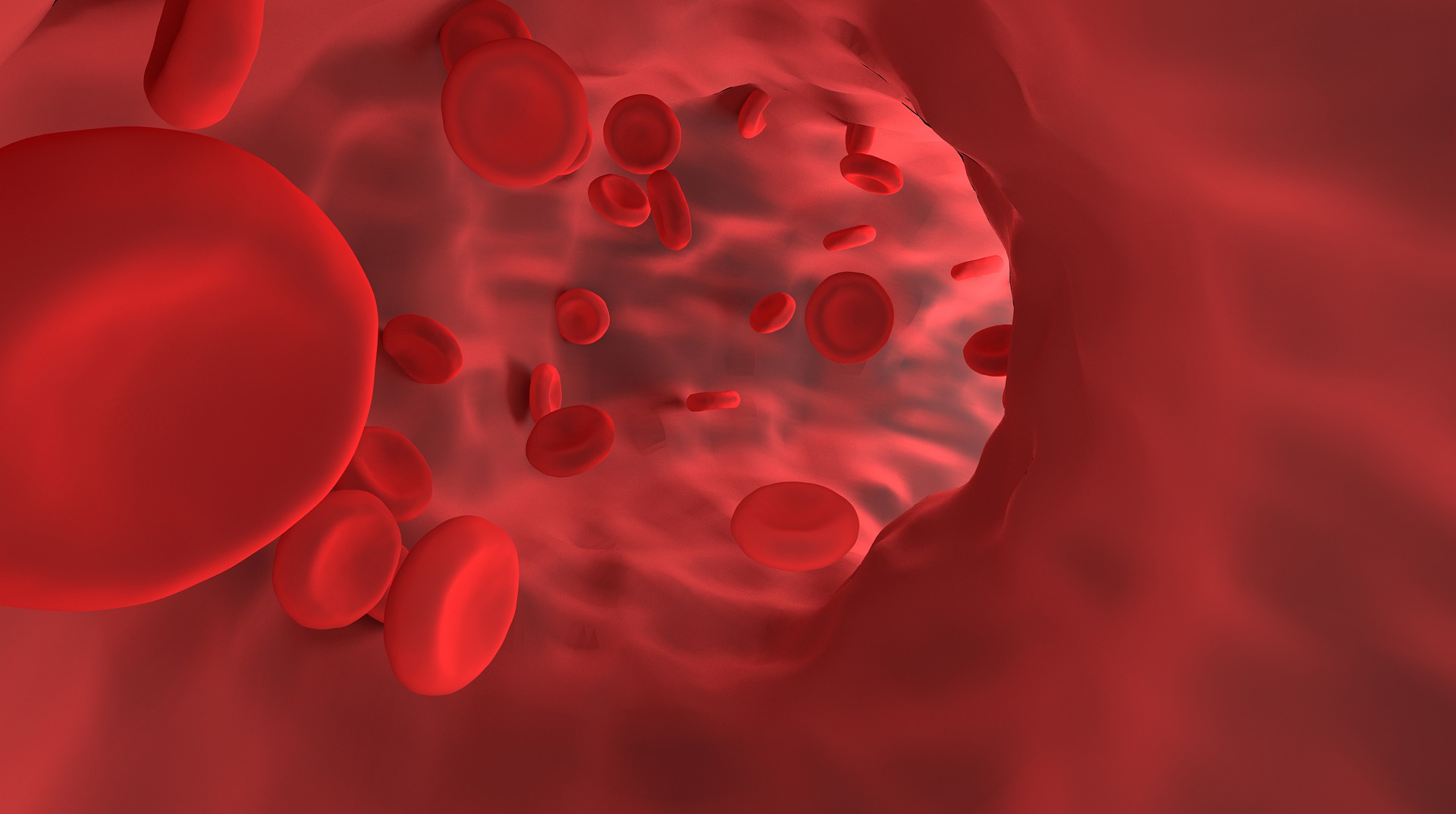Nitric oxide has many health benefits that I want to review with you but first let’s clear something up. When I say nitRIC oxide I am not talking about nitrOUS oxide. There is a huge difference! You may have heard of nitrous oxide as the so called “laughing gas” that they would use to sedate you in the dental chair. It also has a tendency to be abused since it is easily found in canned whipping creams and many people will inhale it for a high (not recommended due to some serious adverse events). First, they aren’t even the same molecules. Second, nitrous causes sedation and calming and is given as a gas that you breathe. Nitric oxide is something your own body makes to help relax the blood vessels improving blood flow as well as many other beneficial functions. So now that we are all of the same page let’s look at the many health benefits of nitric oxide. READ ON to learn the benefits of libido, heart health, blood pressure, sports performance, brain health and more….
Nitric oxide is actually produced by our bodies and impacts the health of nearly every cell. It signals our blood vessels to widen therefore improving blood flow. It does this by working and improving the endothelial function (which is an inner layer of the blood vessels). It was deemed to be so important that the discovery of this molecule actually led to a Nobel Prize in 1998. As we age the amount we produce declines significantly. So, what does this mean for our bodies? It means decreased circulation, high blood pressure, increased risk of blood clots, and increased atherosclerosis. Nitric oxide has been felt to be beneficial in the following areas:
- Circulatory support: lowering blood pressure
- Athletic endurance including muscle performance and decrease muscle soreness post workout
- Erectile dysfunction: needed for muscles in penis to relax which allows the chambers to fill with blood causing an erection.
- Increases insulin sensitivity improving diabetes and other diabetic complications improve like vision loss, kidney failure, circulation issues
- May help with inflammatory acne
- Increase libido in men and women
- Improved cognition
- Augments the power of pain medicine and antidepressants
- Assists immune system in killing bacteria and cancer cells
You can increase your nitric oxide with nitrate rich diets including spinach, bok choy, carrots, mustard greens coleslaw, broccoli, eggplant, wax gourd, garlic, citrus fruit, beetroot and dark leafy greens. When eating these foods, the bacteria in our mouth are key players in creating the nitric oxide so chewing slowly is helpful in stimulating more production. When the saliva/food is swallowed the acid in the stomach works on releasing nitric oxide gas furthering this process. While these foods certainly give a boost there is still the inherent problem of not getting enough. Mouthwashes/medications lower bacterial counts in the mouth and medications like antacids and proton pump inhibitors alter the production of the gas. Compound that with aging which naturally lowers the production also and you can see why it is easy to be deficient.
Many supplements claiming to boost nitric oxide have been introduced over the years. Most of them started with a key ingredient of L-Arginine. L-arginine is a precursor to nitric oxide. However, the very problem that causes us to be deficient in nitric oxide limits this conversion so it is simply not that efficacious. In addition, people who have herpes of any type (including Epstein barr) might experience more issues as higher arginine levels actually lower a fellow amino acid called Lysine that helps keep the herpes virus in check. There are also some newer improved nitric oxide supplements available to help raise these levels without arginine. Companies are using beetroot, vitamin C and magnesium to help introduce nitric oxide to the body with measurable success. You can actually measure the amount of nitric oxide in your body using a special salivary strip (recall the nitric oxide is produced in the saliva). Place the strip on your tongue for 5 seconds and then fold the strip together for 10 seconds. The result is compared to a color chart and you will know your nitric oxide status within 15 seconds. If you are low then nitric oxide supplementation may be helpful for you. The dose is 2 capsules daily and you can monitor your own progress by testing about 2 hours after supplementation weekly!
A word of caution, more is not better. There is an actual condition of nitric oxide overdose called “Blue Baby Syndrome”. If you ingest too much nitric oxide it binds with your hemoglobin (red blood cells) causing the cells to no longer be able to carry oxygen and your lips turn blue. The fatal dose is thought to be 22-23mg/kg of body weight. So, for a 150 pound person a dose of around 1500mg would be considered too much. High levels can also cause diarrhea and dark urine. Supplementation goals are usually around 500mg per day for this reason. When obtaining nitric oxide from eating vegetables it appears this does not occur.
Come by our office this week for a free test strip to see if this would be a beneficial supplement for you!
To your health,
Laura









